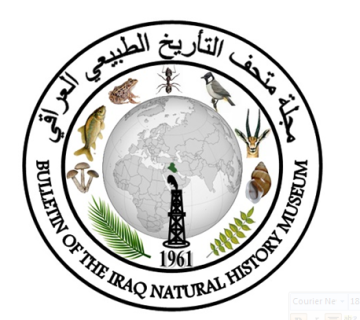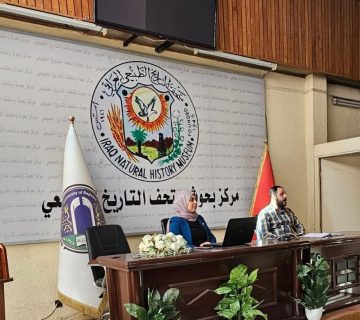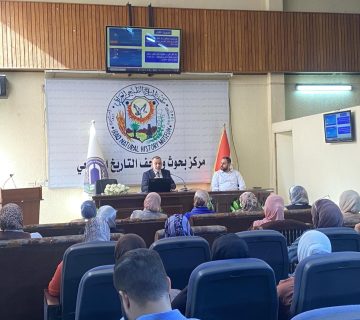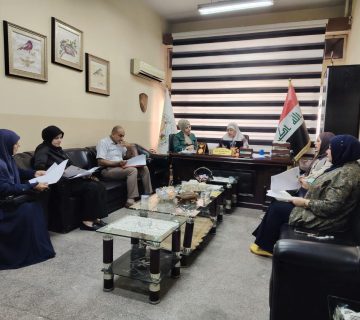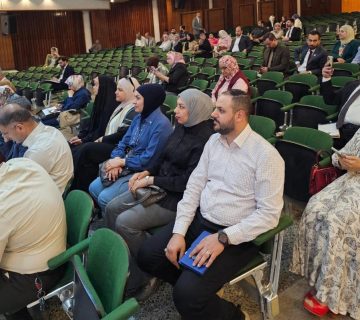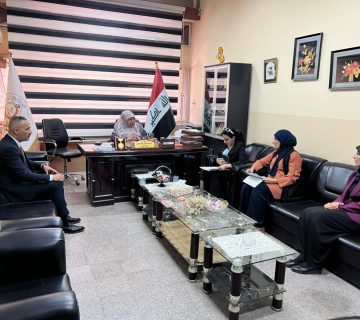Life’s Lifeline: Water. This seemingly simple molecule, as the Quran declares, “everything living [is created] from water,” serves as the very foundation of human existence and civilization. Since the dawn of time, our journey has been intertwined with rivers, lakes, and springs. These life-giving sources provided not just sustenance for agriculture and drinking but also fueled commerce, trade, and even artistic inspiration.
Ancient Echoes: Look to the Nile, its fertile banks cradling the majestic Pharaonic civilization. This mighty river was more than just an irrigation system; it was a muse for art, religion, and science. Mesopotamia, too, bore witness to the rise of empires along the Tigris and Euphrates. Here, intricate canals and dams tamed the rivers, nurturing agriculture and fostering technological marvels in writing, astronomy, and law.
Beyond Borders: The Indus and Sarsuti rivers witnessed the flourishing of the Indian Valley civilization, renowned for its planned cities, advanced sanitation systems, and public baths. China’s Yellow River, though known for its destructive floods, provided fertile soil and mineral-rich water, nurturing the Yellow River civilization, a beacon of creativity in writing, art, and philosophy.
A Scarce Treasure: Despite covering 71% of Earth’s surface, only 3% of this vast resource is actually drinkable. Shockingly, over 1.1 billion people struggle to access clean water, and estimates suggest this number will worsen. Population growth, industrial expansion, and rising water consumption paint a grim picture for the future, especially in urban areas.
Cooperation is Key: Addressing this crisis demands international collaboration. From shared irrigation systems in rural communities to joint management of urban water supplies, cooperation is the only viable path. Sharing resources and managing transboundary rivers become even more vital for farmers in arid regions where water is scarce.
The Cost of Inaction: Climate change and desertification, fueled by declining rainfall and water levels, exacerbate the crisis. The annual cost of this freshwater crisis, driven by droughts, poor climate management, and land mismanagement, is estimated at a staggering $38.4 billion.
Beyond Water: Cooperation on water issues transcends resource security, forging crucial diplomatic channels and fostering shared prosperity. Joint planning and implementation of water networks not only address the needs of vulnerable communities but also promote better resource management.
A Call to Action: UNESCO and the UN Commission on Water Resources’ recent warnings paint a stark picture of the urgent need for action. With 26% of the global population lacking access to safe drinking water and 46% without adequate sanitation, the time for delay is over.
From ancient civilizations to modern challenges, water remains the thread weaving our existence together. It’s time to embrace the spirit of cooperation, prioritize sustainable water management, and ensure that this precious resource nourishes life for generations to come.


